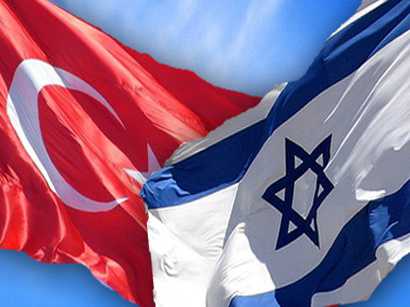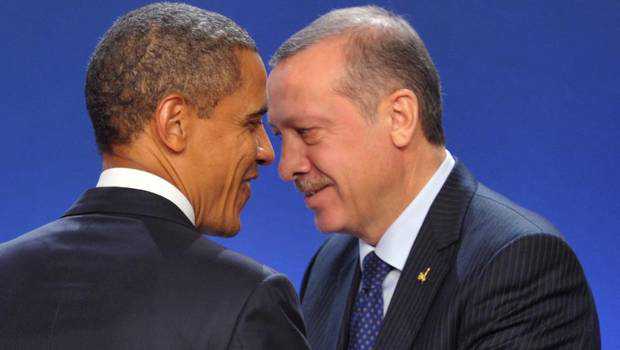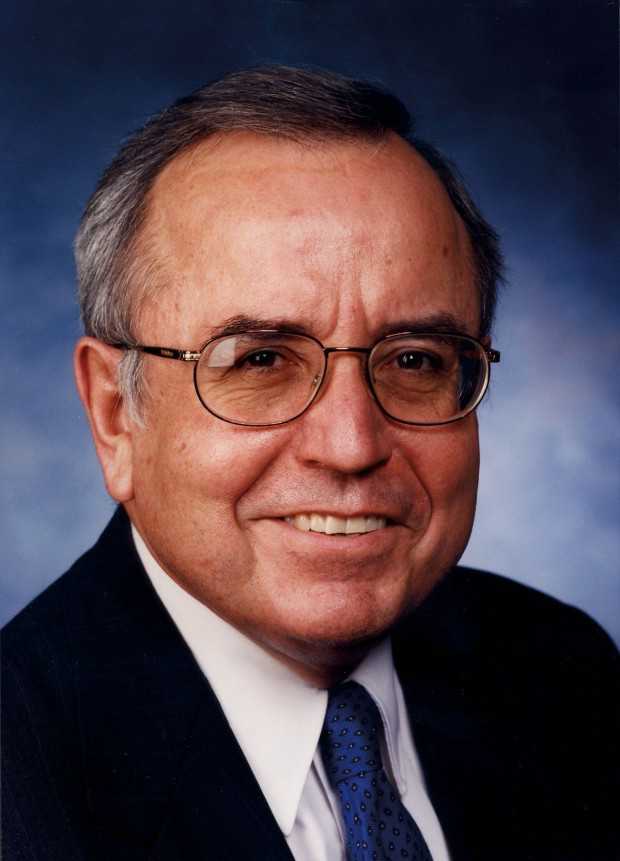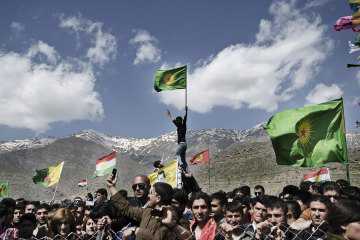Report: Apology won’t change Turkey, ‘weakens Israel’s deterrence’
Special to WorldTribune.com
TEL AVIV — Israel’s apology to Turkey for the bloody interception of
a flotilla to the Gaza Strip harms the deterrence of the Jewish state, a
report said.
The report, titled “Israel’s Apology to Turkey: A Mistake,” asserted
that the apology by Prime Minister Benjamin Netanyahu for the 2010 Israel
Navy interception of a Turkish-flotilla, in which eight Turks were killed,
undermines Israel and encourages Turkish belligerency.
Israeli Prime Minister Benjamin Netanyahu apologized to Turkish Prime Minister Recep Erdogan for a 2010 raid on a Turkish flotilla ship. /Getty Images
The report by the Begin-Sadat Center for Strategic Studies said Netanyahu’s apology would fail to restore strategic cooperation with Turkey, which existed for most of the last 20 years.
“It is highly unlikely that we will see a reversal or a turnaround in
Turkey’s anti-Western and anti-Israeli policies,” author Efraim Inbar,
director of the strategic center, said. “The apology from Jerusalem only
enhances Turkish ambitions and weakens Israel’s deterrence.”
The report, dated March 24, was one of several that criticized Israel’s
apology to Turkey as well as agreement to grant Ankara the right to
intervene with the Palestinian Authority and the Hamas regime. Inbar, a
leading Israeli strategist who served as a consultant to several
governments, said Ankara, intent on leading the Middle East, has no
intention to improve relations with Israel.
Inbar said Turkey, under Prime Minister Recep Erdogan, has become a
supporter of Iran, Hamas and the Islamist Sunni rebels in Syria. The report
said Erdogan, who called Zionism a threat to humanity, is “plainly
anti-Semitic.”
“Turkey is also actively helping radical Islamic Sunni elements take
over Syria,” the report said. “It also supports the idea of violent
opposition against Israel’s presence on the Golan Heights. As such, the hope
that Israel and Turkey can cooperate together with the United States in
limiting the damage from a disintegrating Syria has little validity.”
The report attributed Netanyahu’s apology to pressure by the United
States. The apology also came in wake of Palestinian rocket attacks on
Israel from the Gaza Strip, which Erdogan has pledged to visit.
“Furthermore, an apology to a Hamas supporter, just a day after Hamas
again launched rockets against Israel, communicates terrible weakness,” the
report said. “Sanctioning an Erdogan victory trip to Gaza at this particular
moment is terribly foolish, too, particularly when Israel is seeking to
bolster the standing of the rival Palestinian Authority.”
via Report: Apology won’t change Turkey, ‘weakens Israel’s deterrence’ | World Tribune.






